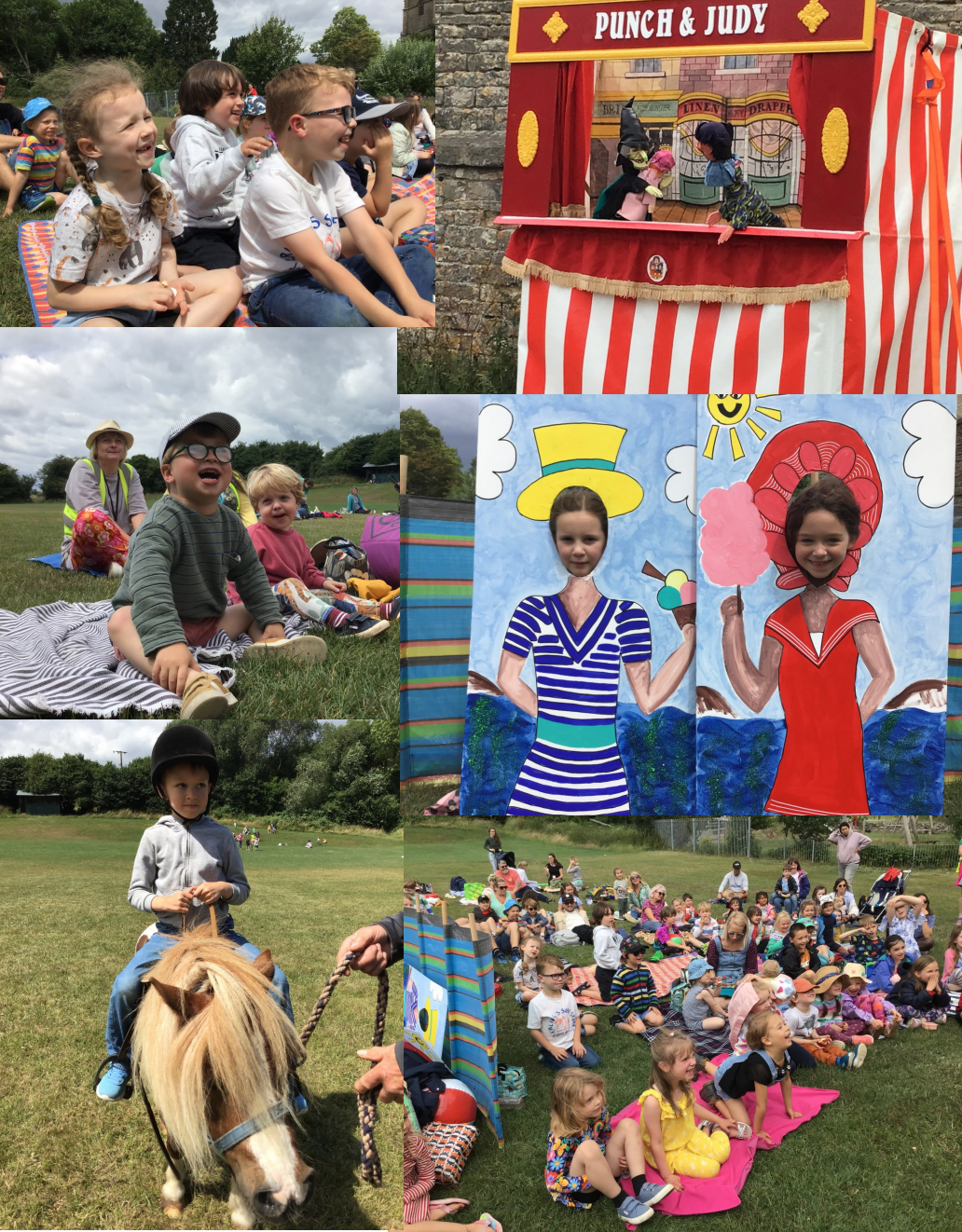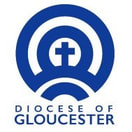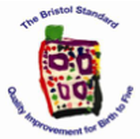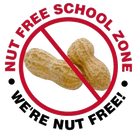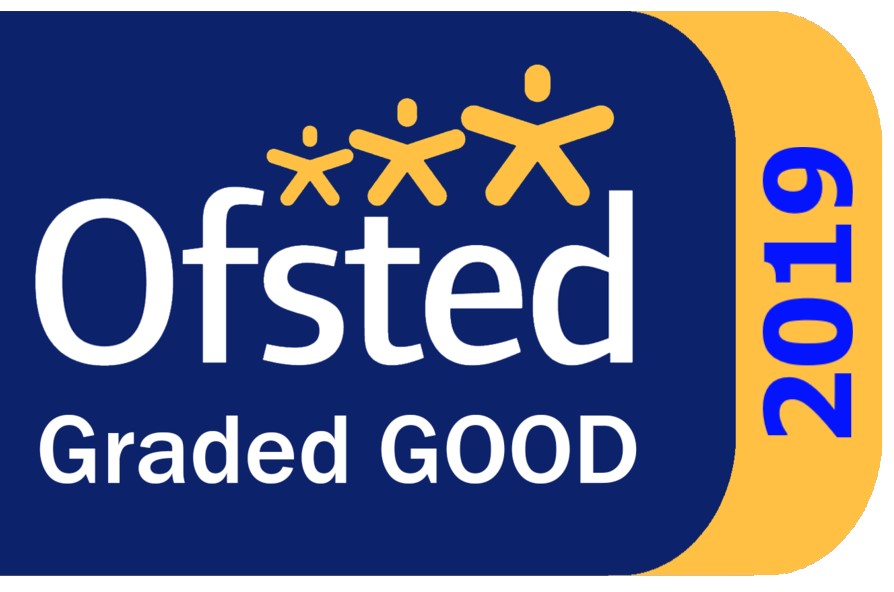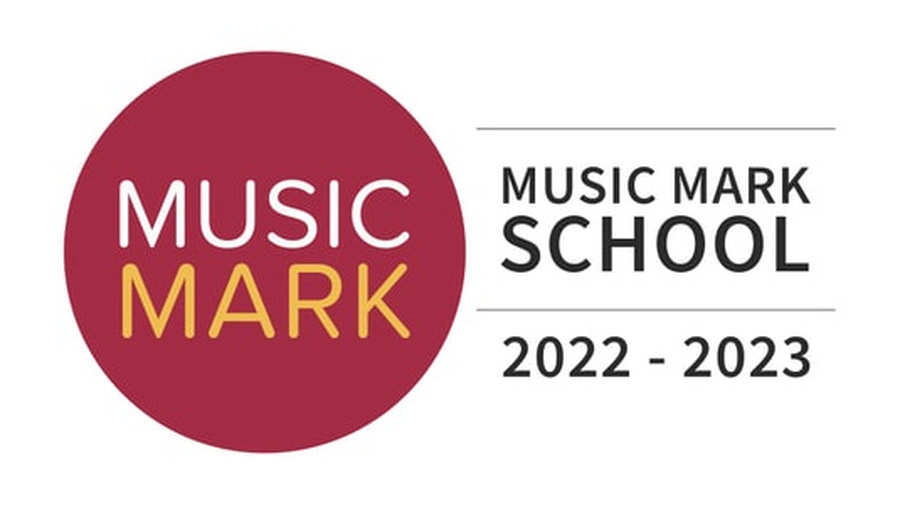EYFS Topics
Autumn 1All About Me
|
Autumn 2Sparkle and Shine
|
Spring 1Superheroes
|
Spring 2Awesome Animals!
|
Summer 1Once Upon a Time
|
Summer 2Fun at the Seaside!
|
EYFS Art Curriculum
Mrs Barr (Art Lead)
The Horsley EYFS Art Curriculum will focus on delivery of:
as described in the EYFS Framework for Expressive Arts and Design which also includes Singing, Dancing and Roleplaying.
The EYFS Horsley Arts and Design Progression of Skills Map should be used alongside the EYFS Horsley Art Curriculum to plan art provision and set learning objectives, success criteria and aid assessment.
These two EYFS documents should be taken in the context of the skills map and curriculum for KS1.
Also, the elements of art are the building blocks of any artwork and art lessons should take these as an additional focus, alongside the progression of skills. The correct art language should always be used. This will form the core of Art at Horsley from EYFS to Year 6.
Art Elements
Also:
- Materials
- Painting
- Sculpting
as described in the EYFS Framework for Expressive Arts and Design which also includes Singing, Dancing and Roleplaying.
The EYFS Horsley Arts and Design Progression of Skills Map should be used alongside the EYFS Horsley Art Curriculum to plan art provision and set learning objectives, success criteria and aid assessment.
These two EYFS documents should be taken in the context of the skills map and curriculum for KS1.
Also, the elements of art are the building blocks of any artwork and art lessons should take these as an additional focus, alongside the progression of skills. The correct art language should always be used. This will form the core of Art at Horsley from EYFS to Year 6.
Art Elements
- Line
- Shape
- Form
- Space
- Value
- Colour
- Texture
Also:
- Pattern
- Composition
